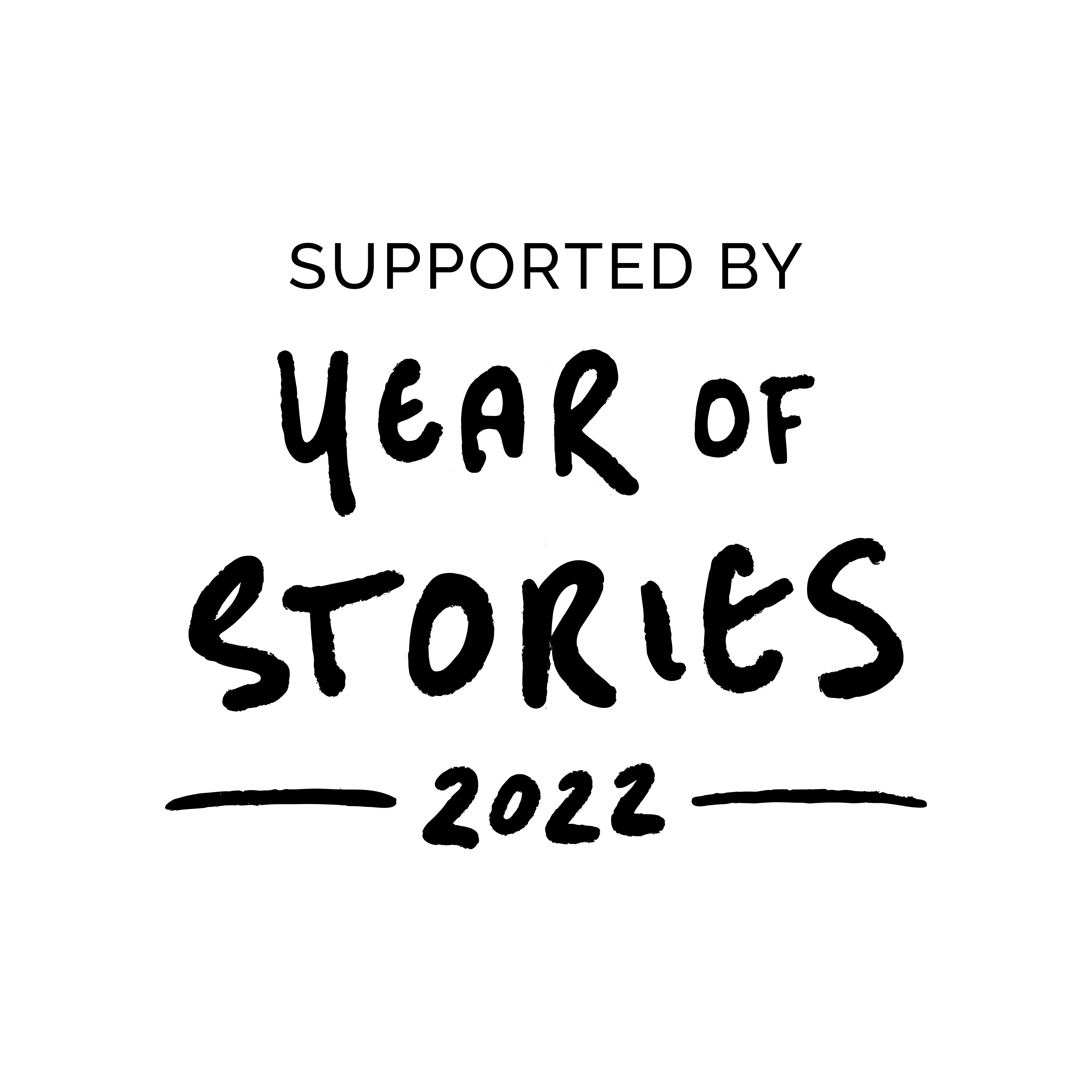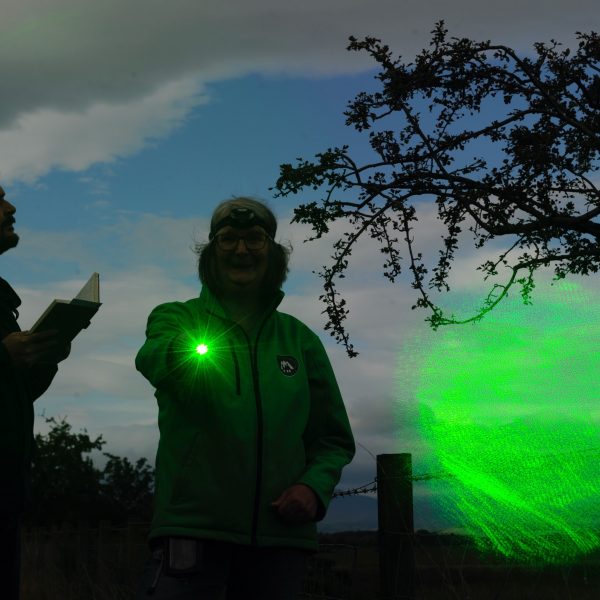For Ranger Elizabeth Tindal the nights are not for sleeping – they are the time to get out beneath the starry skies of Galloway. Here she tells us about her love of the region’s dark skies. During Wigtown Book Festival you can join Elizabeth and author-adventurer Dan Richards for a series of walks Into the Nicht.
Winter and darkness are seen by many as a thing of fear, to close curtains, turn on the light and sit in front of a warming fire. A time to sleep the darkness away until our own star’s light wakes us in the morning. I see the darkness at night differently, a place to work, a place of wonder and somewhere that makes me feel rooted in this planet.
Many of our star names come from Arabic, the constellation names originate in Greek Myths and the planets are named after Roman gods. Other cultures have their own names and stories for these points of light that we see after dark. They inspire, they give us stories, pictures, memories and poems, they take us back in time to the very beginnings of the universe.
Stars for me are not just what we see on a dark night here in Galloway; they are all of this. The science and the stories, the people who see them and the ways we interpret their patterns. People love patterns and stories but stars can also be used. They are how early travellers would navigate their way across the seas, knowing how far north they were to find currents and islands. Knowledge we have unfortunately lost for the most part. Particular stars rising above the horizon let people know when to plant and harvest crops and when the rivers would flood. Each full moon had a name and purpose from the hunter’s moon to the strawberry moon. There are fish and egg moons too.
Some people do welcome the darkness. Wildfowlers, to hunt wildfowl at dawn and dusk and under the moon. Babies are born and farmers get up to milk their cows, all in the dark. All the Astros who relish the coming of darkness – Astro-nomers, Astro-physicists, Astro-photographers and the one that I am still waiting to meet, Astro-nauts, who may work in the light on Earth, but in space are enveloped in darkness. My own job as Biosphere Dark Sky Ranger takes me out into the darkness of the night, led by stars, to meet people and introduce them to their science and stories.
Being out in the darkness can be a velvety hug on a warm summer’s night. In the winter there is a bright cold awe about the skies above, the light of which has taken years to get to us. Stars represent all the things that have happened in that time, possibilities of distant civilisations, we only think exist. It puts us in our place, a small spec among so many other small specs, all of us together wondering at the vastness of the universe. That, to me, is a starry, dark night sky.
Funded as a part of our Scotland's Year of Stories programme.

